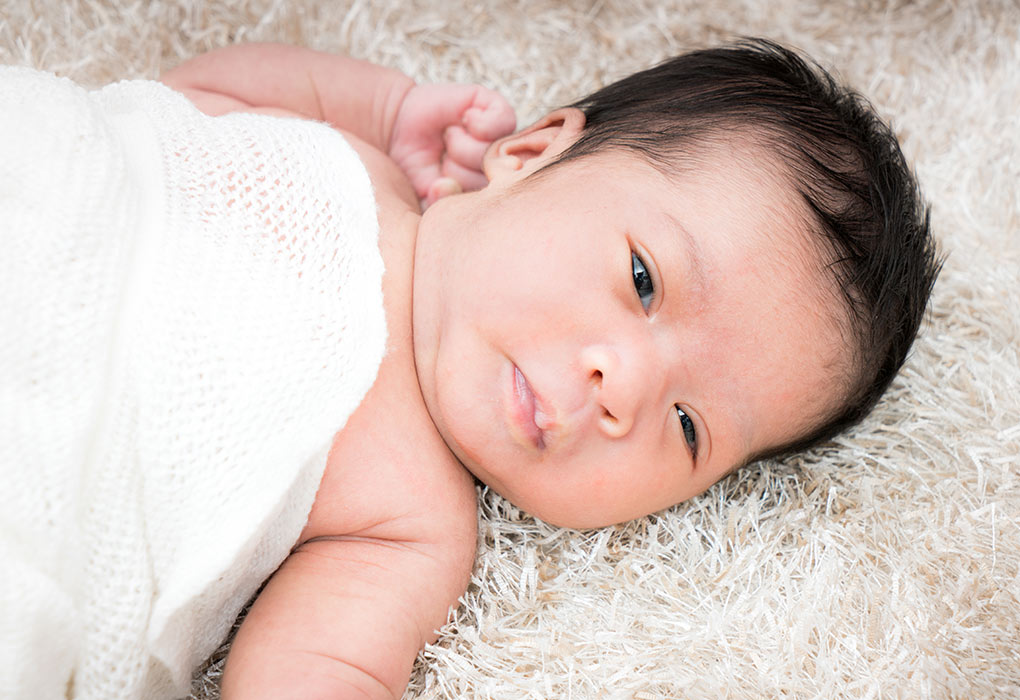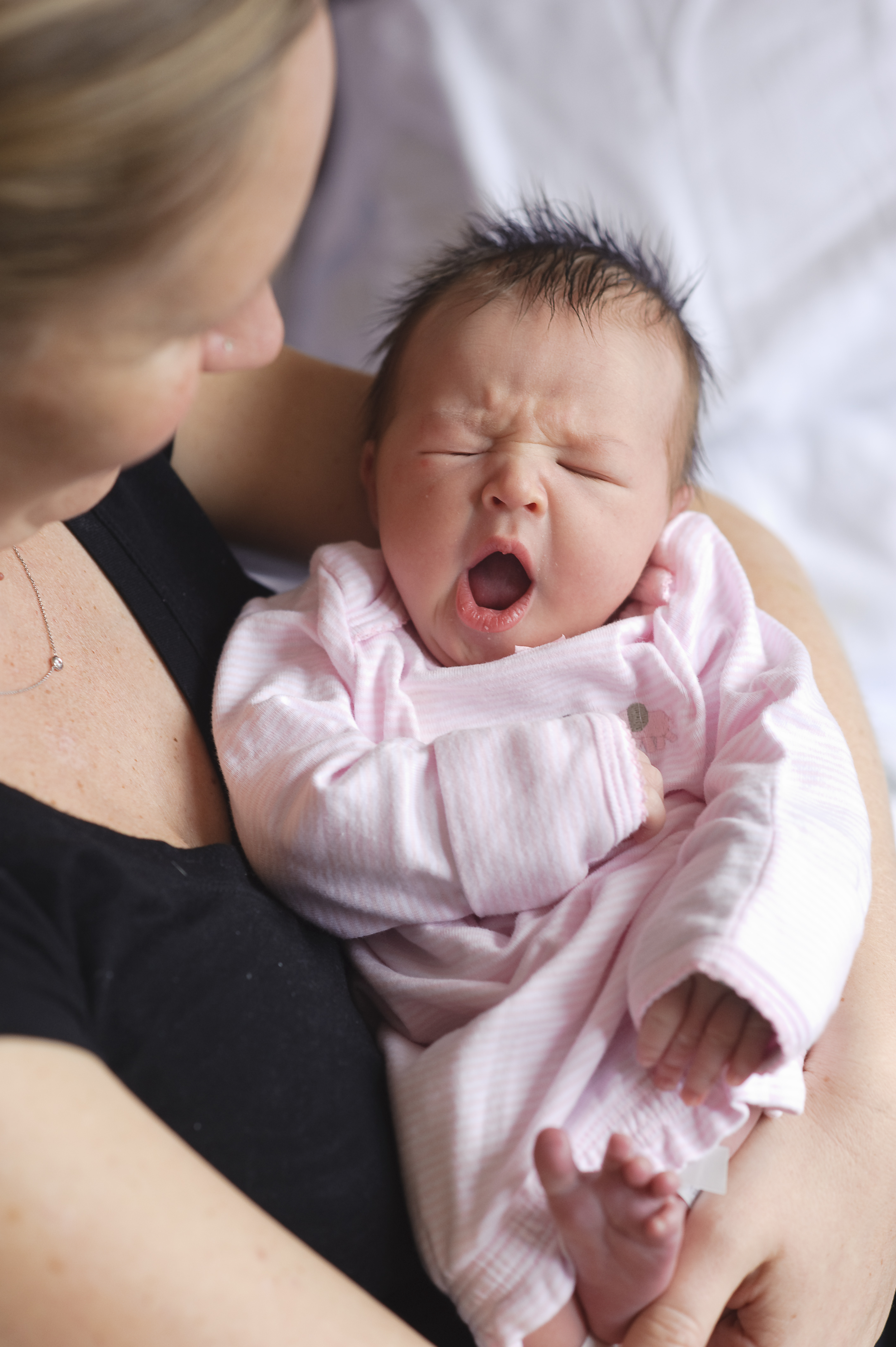Your Why does my baby hiccup after feeding images are ready. Why does my baby hiccup after feeding are a topic that is being searched for and liked by netizens now. You can Get the Why does my baby hiccup after feeding files here. Download all free vectors.
If you’re searching for why does my baby hiccup after feeding pictures information related to the why does my baby hiccup after feeding interest, you have come to the right blog. Our site frequently gives you hints for refferencing the maximum quality video and image content, please kindly surf and locate more informative video articles and graphics that fit your interests.
Why Does My Baby Hiccup After Feeding. When a hungry baby feeds too fast it also swallows air along with milk. Changing positions during feeding is a great way to quell hiccups. Typically baby hiccups disappear on their own within 5-10 minutes. A baby may have GER if they also.
 What To Do When Your Baby Won T Burp And Gets Hiccups Instead In 2021 Baby Wont Burp Burping Baby Newborn Baby Tips
What To Do When Your Baby Won T Burp And Gets Hiccups Instead In 2021 Baby Wont Burp Burping Baby Newborn Baby Tips
Feeding your baby when he is calm and before he is extremely hungry reduces the occurence of hiccups. If your baby gets hiccups while youre feeding him stop and try to burp him or change his. Rarely however fetal hiccups may be a sign of something being wrong with a pregnancy or fetus. Arch their back excessively during or after feedings. This usually occurs after a feeding episode or there is a drop in temperatures causing the baby to feel cold. Short frequent feedings and holding your baby upright after she eats can help.
When this force of air hits your babys vocal cords they close suddenly.
Hiccups happen in babies particularly during or after feeding. This means that when your babys tummy is full food and acid can come back up. It usually clears up by around the age of 12 months. This contraction or irritation in your babys diaphragm occurs many times either due to crying for a longer period of time or due to fast eating and drinking. When this force of air hits your babys vocal cords they close suddenly. Hiccups in a newborn after feeding are the most common.

In order to prevent this condition you should consult your doctor. Cry more often than usual particularly around feedings. Hiccup in a newborn after feeding a mixture Artificial children no less than other babies suffer from spasms of the diaphragm. Your babys diaphragm might become irritated if hes eating too fast or too much or perhaps if hes feeling excited or nervous about something. Hiccups in a newborn after feeding a mixture may arise because of individual intolerance to the product.

A babys small stomach can at one time contain only a certain amount of milk or a mixture. A babys small stomach can at one time contain only a certain amount of milk or a mixture. Typically baby hiccups disappear on their own within 5-10 minutes. These episodes are most often caused by overfeeding swallowing air while feeding or gulping down lots of milk too quickly. In order to prevent this condition you should consult your doctor.

When a hungry baby feeds too fast it also swallows air along with milk. Hiccups in a newborn after feeding a mixture may arise because of individual intolerance to the product. A babys small stomach can at one time contain only a certain amount of milk or a mixture. Newborn hiccups after breastfeeding tend to occur because of unnatural nursing positions overfeeding swallowing excess air or something that simply didnt sit well with the baby and his little digestive system is having a reaction to it. Burping your baby helps relieve the hiccup episode after a feed.

Slow Down My Newborn Will Not Settle After Feeding. Babies with reflux sometimes hiccup a lot. Fortunately as your babys digestive system matures the frequency and severity of hiccups will decrease. If your baby gets hiccups a lot during or just after feeding it might be a sign of reflux. Hiccups in a newborn after feeding are the most common.

This means burping after every 2-3 ounces during bottle feeding and whenever the baby switches breasts during nursing. Hiccups in a newborn after feeding are the most common. In babies persistent hiccups is sometimes associated with bringing up milk after a feed reflux. Your babys diaphragm might become irritated if hes eating too fast or too much or perhaps if hes feeling excited or nervous about something. So dont worry and make sure that after every feed you burp baby.

Cry more often than usual particularly around feedings. Rarely however fetal hiccups may be a sign of something being wrong with a pregnancy or fetus. Hiccups in a newborn after feeding are the most common. Feed your baby. So dont worry and make sure that after every feed you burp baby.

Newborns often hiccup shortly after eating drinking milk from a bottle or breastfeeding. When a hungry baby feeds too fast it also swallows air along with milk. And also dont overfeed baby and when baby has hiccups dont feed baby immediately it may cause problems. A babys small stomach can at one time contain only a certain amount of milk or a mixture. Fortunately as your babys digestive system matures the frequency and severity of hiccups will decrease.

Hiccups in a newborn after feeding a mixture may arise because of individual intolerance to the product. Dont try to cure hiccups by startling your baby pressing on her eyeballs pushing on her fontanel or pulling her tongue which are common folk remedies in some cultures. Dont worry since most babies hiccup from time to time. Reflux most commonly develops in babies after the age of 2 months. Short frequent feedings and holding your baby upright after she eats can help.

Arch their back excessively during or after feedings. Hiccups happen in babies particularly during or after feeding. Thats what can make that little hiccup sound. Hiccups in a newborn after feeding a mixture may arise because of individual intolerance to the product. Why A Baby Hiccups After Feeding.

It usually clears up by around the age of 12 months. Newborns often hiccup shortly after eating drinking milk from a bottle or breastfeeding. If your baby gets hiccups a lot during or just after feeding it might be a sign of reflux. A sudden stimulation or irritation of the diaphragm muscles causes hiccups. This usually occurs after a feeding episode or there is a drop in temperatures causing the baby to feel cold.

Arch their back excessively during or after feedings. Hiccups in a newborn after feeding a mixture may arise because of individual intolerance to the product. Babies with reflux sometimes hiccup a lot. A baby may have GER if they also. No hiccups doesnt mean your baby is hungry or needs to be fed more.

And also dont overfeed baby and when baby has hiccups dont feed baby immediately it may cause problems. In order to prevent this condition you should consult your doctor. How to Get Rid of Your Babys Hiccups. Changing positions during feeding is a great way to quell hiccups. Feeding your baby when he is calm and before he is extremely hungry reduces the occurence of hiccups.

Hiccups happen in babies particularly during or after feeding. A babys small stomach can at one time contain only a certain amount of milk or a mixture. Your babys diaphragm is located very close to his stomach so what is happening at feeding time can potentially affect his diaphragm too making the muscle start to spasm. And also dont overfeed baby and when baby has hiccups dont feed baby immediately it may cause problems. So dont worry and make sure that after every feed you burp baby.

If your baby gets hiccups a lot during or just after feeding it might be a sign of reflux. How to Get Rid of Your Babys Hiccups. Cry more often than usual particularly around feedings. A sudden stimulation or irritation of the diaphragm muscles causes hiccups. A baby may have GER if they also.

Fortunately as your babys digestive system matures the frequency and severity of hiccups will decrease. As I said earlier a very common reason for the occurrence of hiccups in babies after feeding is the repetitive contraction of the diaphragm of your baby. After week 32 of pregnancy it is unlikely that a woman will feel the baby hiccup. In order to prevent this condition you should consult your doctor. Why A Baby Hiccups After Feeding.

Fortunately as your babys digestive system matures the frequency and severity of hiccups will decrease. Arch their back excessively during or after feedings. Cry more often than usual particularly around feedings. Dont worry since most babies hiccup from time to time. Hiccups happen in babies particularly during or after feeding.

Hiccups in a newborn after feeding a mixture may arise because of individual intolerance to the product. Rarely however fetal hiccups may be a sign of something being wrong with a pregnancy or fetus. Typically baby hiccups disappear on their own within 5-10 minutes. Fortunately as your babys digestive system matures the frequency and severity of hiccups will decrease. Babies with reflux sometimes hiccup a lot.

This means that when your babys tummy is full food and acid can come back up. Hiccups happen in babies particularly during or after feeding. After week 32 of pregnancy it is unlikely that a woman will feel the baby hiccup. Slow Down My Newborn Will Not Settle After Feeding. Your babys diaphragm is located very close to his stomach so what is happening at feeding time can potentially affect his diaphragm too making the muscle start to spasm.
This site is an open community for users to do submittion their favorite wallpapers on the internet, all images or pictures in this website are for personal wallpaper use only, it is stricly prohibited to use this wallpaper for commercial purposes, if you are the author and find this image is shared without your permission, please kindly raise a DMCA report to Us.
If you find this site beneficial, please support us by sharing this posts to your own social media accounts like Facebook, Instagram and so on or you can also bookmark this blog page with the title why does my baby hiccup after feeding by using Ctrl + D for devices a laptop with a Windows operating system or Command + D for laptops with an Apple operating system. If you use a smartphone, you can also use the drawer menu of the browser you are using. Whether it’s a Windows, Mac, iOS or Android operating system, you will still be able to bookmark this website.








